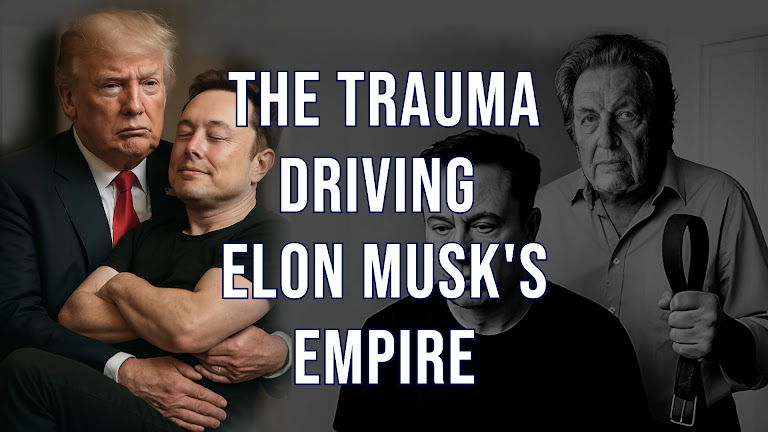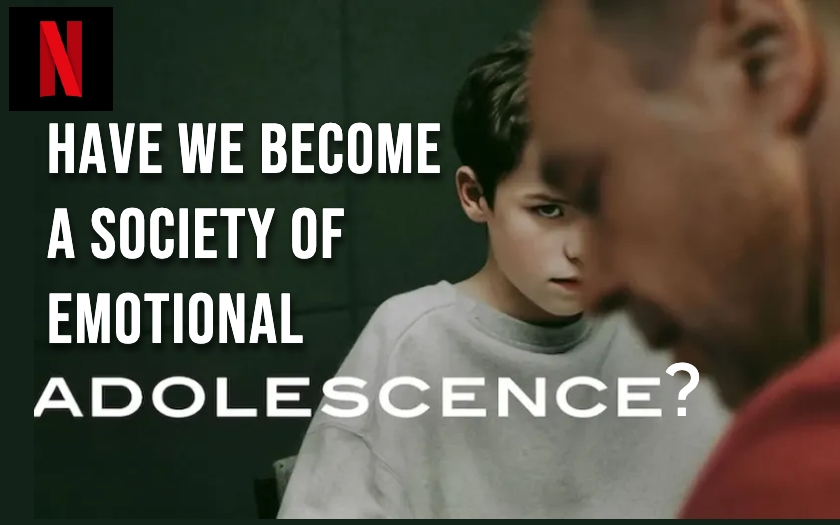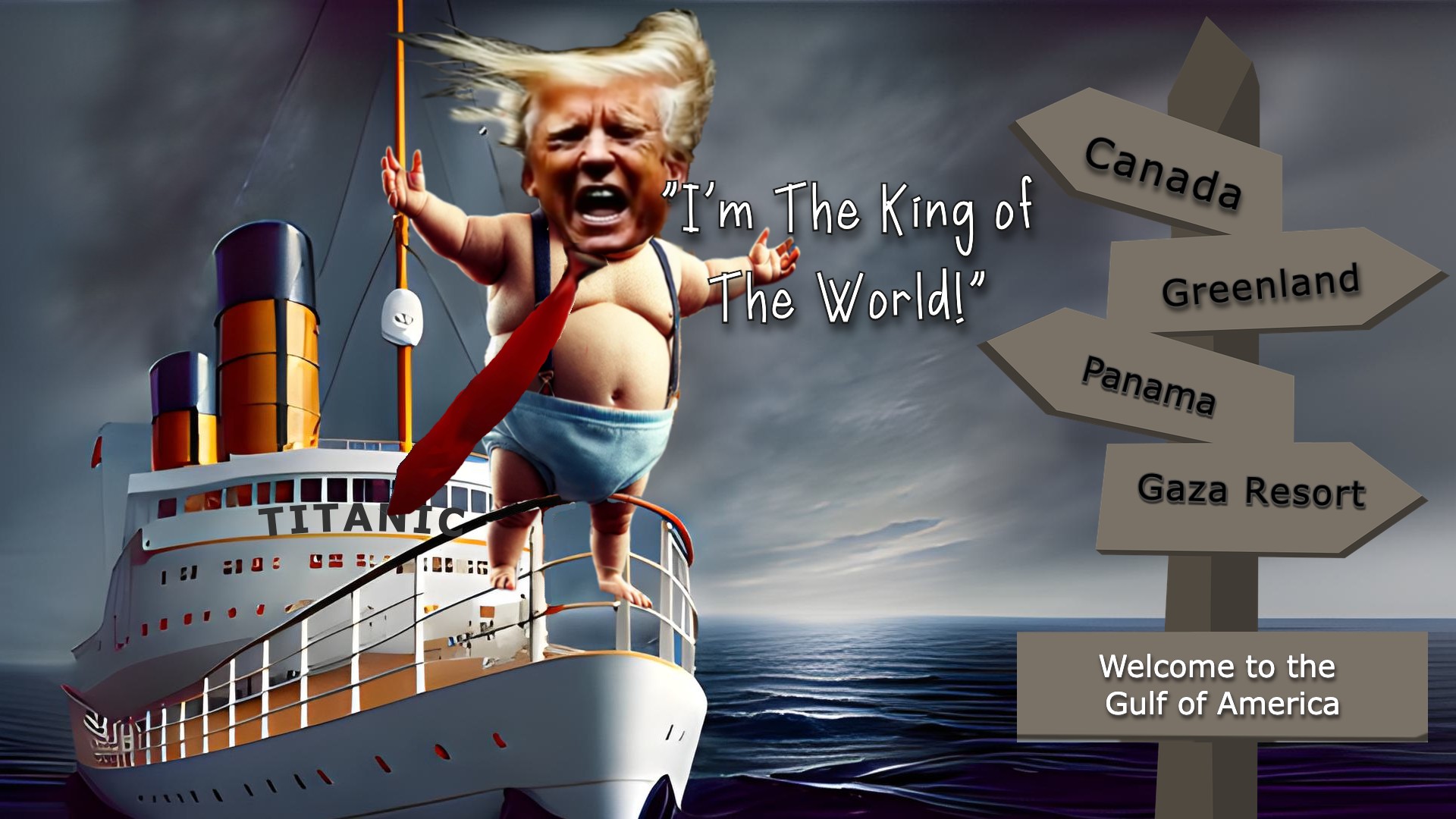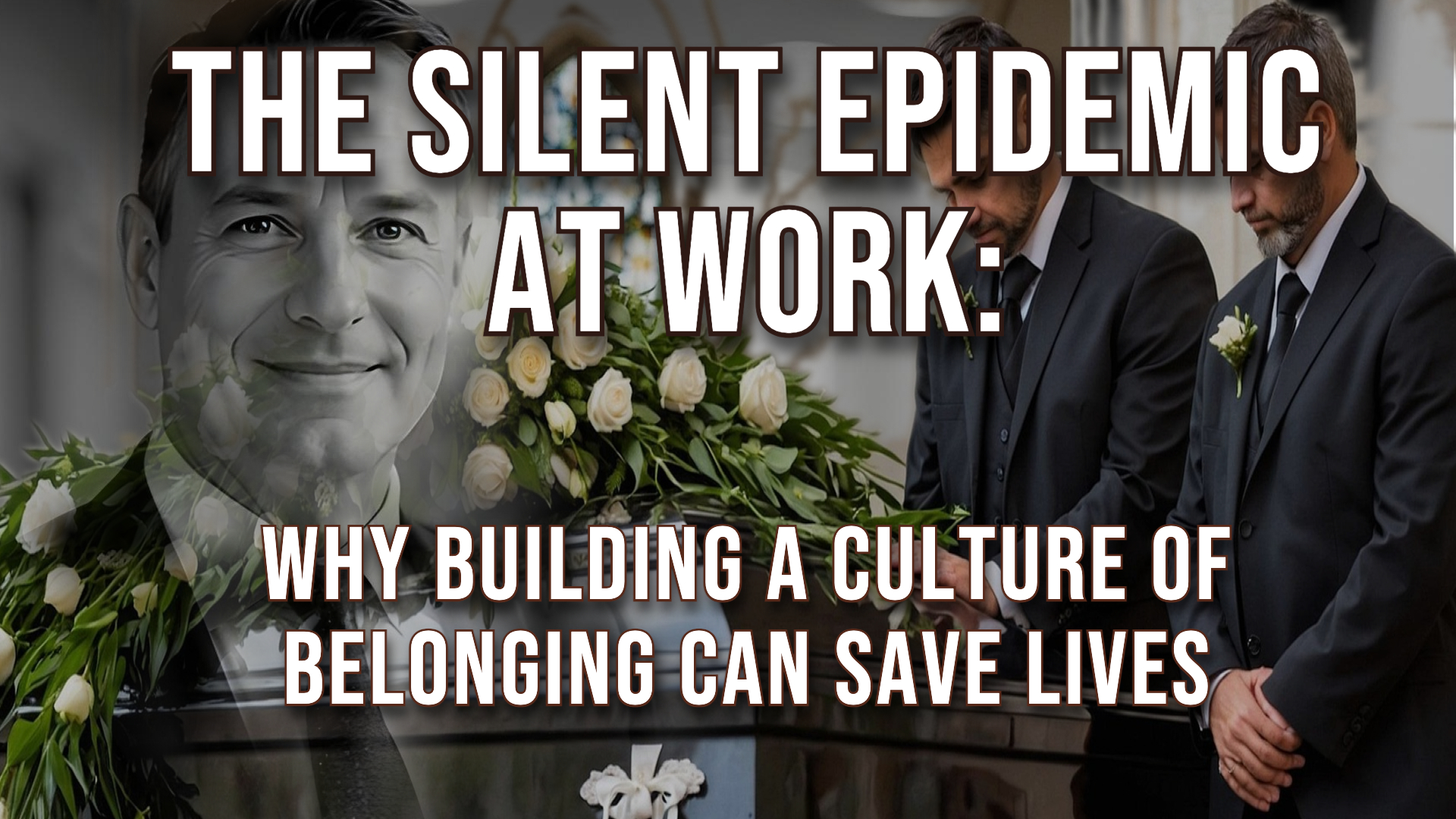And the Leadership Blindspot It Exposes in You!
“The Dangerous Truth Behind Elon Musk’s Success: How Trauma Shapes Leadership”
Mike (name changed for obvious reasons) had built a billion-dollar company, commanded global respect, and still couldn’t figure out why whenever someone challenged him, even though no one would have guessed, he felt like a powerless eight-year-old staring up at his father’s belt.
Mike’s emotional struggle is not unique. Many of us can relate to similar battles. It’s okay to acknowledge these challenges. You’re not alone in this journey of self-discovery.
Let me ask you something… How often do you take the time to reflect on your emotional journey and its impact on your professional life?
Self-reflection is not just a tool; it’s a powerful weapon for personal growth and empowerment. It’s a beacon of hope that guides you towards a better, more fulfilled, purpose-driven version of yourself, putting you in the driver’s seat of your own development.
What happens when someone who has fought and scrapped their way to the top still runs the same emotional script s/he picked up as a nine-year-old boy or girl trying to win his/her father’s love?
What happens when you are?
Let’s not pretend Elon Musk is just a tech mogul. He’s not just the wealthiest man on the planet or the face behind electric cars, rockets, and the Twitter takeover. Elon Musk is a walking paradox—a living embodiment of brilliance forged in emotional brutality.
Elon Musk’s Power Is Built on Trauma—And That Should Alarm Every High-Performer.
He’s not unlike many of the high-performing leaders I work with—men and women who’ve climbed impossible heights yet still feel like they’re standing outside the gates of their own success.
When you haven’t cracked your Emotional Source Code, all your wins will secretly be strategies to resolve something that happened decades ago.
 Your Emotional Source Code is like the operating system of your emotions, determining a set of beliefs, values, behaviors, and emotional responses imprinted on you during your formative years, often due to forgotten traumatic experiences. Understanding and addressing your Emotional Source Code is crucial for personal growth and overcoming emotional wounds.
Your Emotional Source Code is like the operating system of your emotions, determining a set of beliefs, values, behaviors, and emotional responses imprinted on you during your formative years, often due to forgotten traumatic experiences. Understanding and addressing your Emotional Source Code is crucial for personal growth and overcoming emotional wounds.
So, let’s look at Elon—not as a headline or a meme but as a case study of unexamined emotional patterning. And while we’re at it… Let’s give you a way to take an unfiltered look at yourself.
Behind the Genius: The Code of the Abandoned Son
Elon’s parents split when he was nine. He chose to live with his father—not because it was healthier, but because he felt sorry for the man.
That empathy and compassion cost him dearly, potentially giving us insight into why he would say in a podcast interview, “Empathy is the greatest threat to Western civilization.” This language is the unconscious, wounded boy speaking through the voice of an extraordinarily wealthy and powerful man.
In past interviews, Elon has called his father “evil” and “a terrible human being” and admitted to enduring physical and emotional abuse as a child.
Add to that the trauma of being bullied so viciously that he needed surgery decades later to repair the damage—and we start to see the shape of the scar tissue that became his identity.
Let me be clear:
“Trauma isn’t what happens to you. Trauma is what happens inside you as a result of the events that happened to you.”
Elon’s trauma coded into him a fundamental belief:
“I am not safe. I am not wanted. I do not belong.”
Let me ask you. What do you imagine high performers do when they feel that deep, aching absence of belonging?
You got it!
They build empires to prove that they belong and deserve to exist.
The Illusion of Tribe
 On the surface, Elon Musk has created tribes everywhere: Tesla fanatics, SpaceX disciples, Dogecoin gamblers, and Twitter/X zealots. He’s cultivated a cult-like following, but here’s the painful irony…
On the surface, Elon Musk has created tribes everywhere: Tesla fanatics, SpaceX disciples, Dogecoin gamblers, and Twitter/X zealots. He’s cultivated a cult-like following, but here’s the painful irony…
He still doesn’t belong to any of them.
When your Emotional Source Code is wired around abandonment, exclusion, and never being enough, no amount of applause can penetrate the armor you built to survive.
Even when the world kneels to your genius, you’re still the little boy no one picked for dodgeball.
And it doesn’t disappear when we carry that wound into adulthood without ever tending to it (even if we don’t know it’s there); it doesn’t disappear. It gets louder internally, more emotionally, relationally, and cognitively expensive, and as a result, far more dangerous!
The upside is that Elon’s Emotional Source Code and the Anatomy of Meaning formed in his early life have constructed his identity and driven him to be a massively successful master innovator.
 The Anatomy of Meaning refers to the deep-seated meanings and interpretations we attach to our experiences stemming from our Emotional Source Code.
The Anatomy of Meaning refers to the deep-seated meanings and interpretations we attach to our experiences stemming from our Emotional Source Code.
Understanding and reshaping your Anatomy of Meaning, or how you interpret and give meaning to your experiences, is a powerful tool for personal growth and emotional intelligence.
This is the great dichotomy: Any of us can be intellectually brilliant; we can use all the right words and discuss profound theories, but we can still be emotionally wounded children.
Let’s be honest: If you don’t know your Emotional Source Code (and 99.9999999% have no idea what their own ESC is), someone else will—and they will use it against you. This is why, very often, influential people fear being vulnerable.
There is an unconscious knowing that what we haven’t recognized and genuinely healed can be used against us.
However, once you heal, that thing that was a vulnerability becomes your greatest strength.
When Validation Becomes Currency
Do you want to know the exact moment Elon flipped from left to take a hard right?
It wasn’t politics. It wasn’t ideology.
I’d suggest that there were many moments. Still, the one that put the final nail in the coffin was when the Joe Biden administration hosted a celebration for American car manufacturers and left Elon off the guest list.
That moment wasn’t about being excluded from a meeting. It was about being exiled from the tribe he thought he was finally a part of.
When you’ve spent your entire life trying to prove you belong, one snub—one omission—feels like an emotional assassination.
That wasn’t a PR oversight. That was the final straw that sent Musk straight into the arms of someone who would welcome him.
Donald J. Trump.
Now, Elon is center stage—press events on the White House lawn, joint interviews, handshakes with world leaders. Trump calls him “a caring person.” Musk calls Trump “a good man.”
But don’t be fooled.
This relationship isn’t an alliance; it’s an addiction.
- Addiction to the hit of validation.
- Addiction to finally being wanted.
- Addiction to the illusion of tribe.
And, like all addictions, it comes with a price.
The 18-Wheeler Is Coming.
 Here’s what most people miss. The ’18-Wheeler’ is a metaphor for the consequences of unaddressed emotional wounds.
Here’s what most people miss. The ’18-Wheeler’ is a metaphor for the consequences of unaddressed emotional wounds.
Like a massive truck, these wounds can (and will eventually) hit you with overwhelming force if left unattended.
Elon may believe he’s in control, but when your actions are driven by unresolved emotional pain, you’re not the driver—you’re the cargo.
And Trump? Trump doesn’t build tribes. He builds transactional temples.
- Ask Michael Cohen.
- Ask Bill Barr.
- Ask Mike Pence.
Donald J. Trump will embrace you while you’re useful. And when you’re not? He’ll roll right over you and keep driving.
The alliance between Musk and Trump isn’t the bromance the mainstream media tell you it is—it’s a short-term emotional contract built on mutual wounds and temporary power alignment.
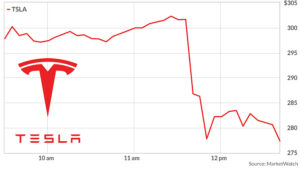 The 18-wheeler is already on the on-ramp, revving away.
The 18-wheeler is already on the on-ramp, revving away.
Polls are shifting.
Tesla’s stock is wobbling.
Cabinet clashes are leaking.
And yet, Musk has kept doubling down.
Because here’s the unmistakable truth: when your inner child finally feels seen, you’ll burn the whole empire down just to keep the hug.
What This Says About You
Now, let’s turn the spotlight on you. No, stay here!
You’ve built, climbed, and conquered.
You’ve outperformed your peers and silenced your critics.
You’ve risen to a place most people can’t even dream of.
I genuinely respect that.
But here’s the question that, in one form or another, kept my clients up at night:
“Is my success some kind of compensation for my secret pain?”
If it is—if the fuel behind your performance is unhealed emotional pain—then all your wins will leave you empty. All your accolades will feel like a lie. Eventually, you’ll sabotage everything to feel something real.
That’s not just a possibility- that’s a pattern. Are you ready to face your pattern?
Elon is running it on a global scale. So are many of the most influential people on Earth.
The difference is whether or not you’re willing to face it. Ready now?
Final Word
I don’t believe Elon Musk is a villain or a Nazi.
He’s also not a savior (even though he wants to be).
He is a genius with an unconscious wound that still runs the show.
Unless Elon does the inner work to understand and transform his Emotional Source Code, that same wound will make him the architect of his own demise—and it will be public, messy, and painful.
If you see yourself in any of this—if you’ve built greatness but still feel like the outsider in your own story—then this isn’t just about Elon.
It’s about you. And that’s good because working to fix symptoms rather than causes is cognitively and emotionally very expensive.
You don’t have to keep running that loop.
You don’t have to keep proving yourself to ghosts.
You can decode your Emotional Source Code, rewrite your Anatomy of Meaning, and lead from integration, not infection.
But only if you’re willing to do the one thing the world’s richest man hasn’t yet done:
Look inward.
Stop leading from the wound and start leading from truth.
Book a private decoding session because real power doesn’t come from performance.
It comes from healing.
Your Move:
You’ve seen the 18-wheeler. You’ve heard the voice of the wounded child behind the empire. What part of you is still running the show from the past?
If you’re an elite leader who’s built brilliance on a battlefield—and you’re ready to stop sacrificing your peace for performance—here’s what to do next:
▶️ Reflect: Where in your life are you still trying to earn belonging? Whose approval are you silently chasing?
▶️ Reveal: Share your honest insight in the comments. You might be surprised how your truth helps someone else to look inward, too.
▶️ Recode: If you’re ready to stop leading from an unconscious wound and start leading from deep integration, it’s time to discover your Emotional Source Code.
Book your private decoding session.Book your private decoding session.
P.S. Pass this article on to someone ready to stop proving and start healing.
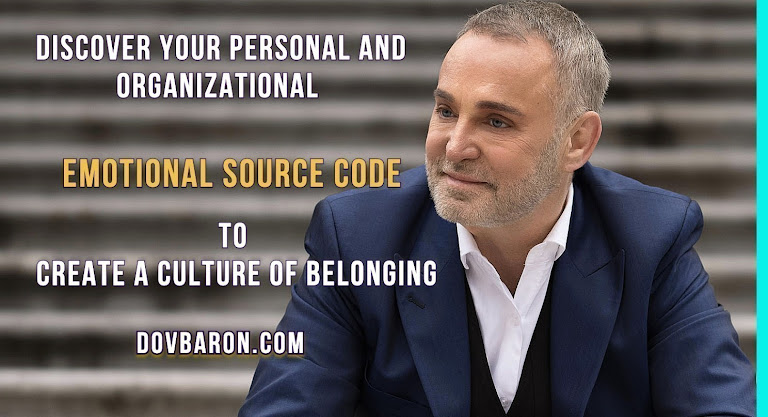
About Dov Baron
Dov Baron Guides Organizations, Leaders, and Teams to Create Fiercely Loyal Cultures of Belonging and Facilitate Authentic Communication to Generate Spectacular Innovation.
He is the leading authority on Emotional Source Code© and the Anatomy of Meaning©. Named 5x to the Top 30 Global Leadership Gurus and twice by Inc. Magazine’s Top 100 Leadership Speakers, Dov helps leaders, icons, and teams harness their Emotional Source Code to build cultures that drive innovation, authentic connection, and fierce loyalty.
🔍 Learn more athttps://DovBaron.com
🎙️ The Dov Baron Show airs Sundays and Wednesdays.
Not your typical leadership podcast—it’s an unfiltered deep dive into the minds of those redefining power and meaning.
https://podcasts.apple.com/ca/podcast/the-dov-baron-show/id272512829

